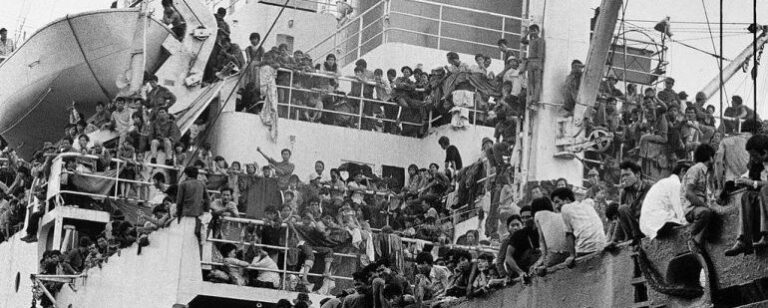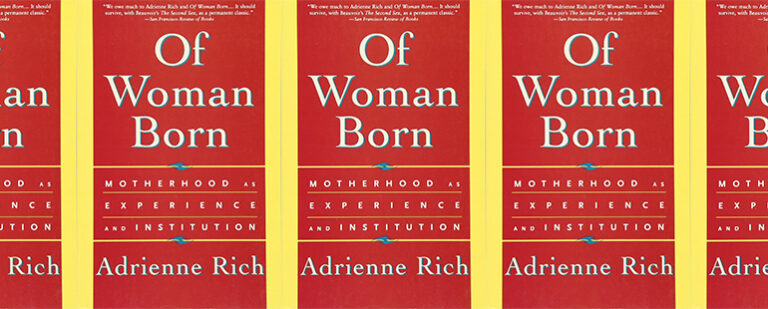García Márquez: Your Community Matters Most Between Now and November 8th and Beyond

One week, it’s a shooting. The next, a bomb, a protest gone violent, a matter of being in the wrong place at the wrong time, bad luck, a dumb decision. It’s organized here, it’s a lone wolf there. A club, a concert, a church, a school, a shopping mall, a beach, a rich city, a poor town, innocents, the marginalized, gangs, police, soldiers, children. You might first hear about it on your Facebook newsfeed, or you’ll get the “You okay? Heard there’s a shooter in your area” text, or learn about it weeks later because it was never covered by your media outlets.
We express sympathy, we agree to unite and make the world a better place, and we say we’re moving on. Moving forward. Moving.
Then it happens again. Some people want stricter laws. Others feel like their rights are being violated.
It happens again. Some people say they were asking for it. Others will never feel safe anywhere, even within spaces created for their safety.
It happens again. Some people blame the victims. Others blame the system.
It keeps happening. We agree that there’s a problem. We disagree on who what when where why how. It keeps happening. We keep disagreeing.
And in three months, Americans will be making a decision to appoint someone into the highest chair in the country. I’ve noticed a common sentiment of confusion, disliking, ridiculousness, and anger even just in small talk around the subject, let alone on larger platforms. The string I’ve found laced into the sentiments of every Trump/Clinton/Sanders/Stein/nobody supporter?
Community. Ours is hurting, broken, shadowed, clashing. How did we get here and where are we going?
Gabriel García Márquez (yes, a non-American author) writes on a community much different than our own yet similarly struggling with a big decision in his short story “The Handsomest Drowned Man in the World.” The story was written in 1968.
As discovered in the opening paragraph, what seems to be an approaching enemy ship may in fact be a lead to what on-land enemies exist within each of us. First, it’s difficult to see within ourselves – it doesn’t look or feel the way we think we do, as the drowned man weighs more and is much taller. The children who first discover him treat him like a strange toy, “burying him in the sand and digging him up again,” but soon thereafter, the far-too-familiar-yet-just-different-enough being is labeled an outsider.
Do we all have an outsider within?
It doesn’t take long for this outsider, and in particular all which makes him an outsider, to bring out the best and worst of village. The men head out to seek advice or knowledge from neighboring towns. The women of the town dress him up and sew him new clothes until he looks and feels exactly like one of their own, to the degree where they find him more desirable than their husbands and brothers, until “even though they were looking at him there was no room for him in their imagination.”
What started as a mound of sea weed and barnacles washed up on the shore unfolds into something about which the townsfolk are not afraid to show their feelings. As where many of the women “wept so much, for he was the most destitute, most peaceful, and most obliging man on earth,” many of the men merely want to “get rid of the bother of the newcomer once and for all before the sun grew strong on that arid, windless day.” Some think he’s a threat. Others adore him. Who feels what starts to create rifts between groups of townsfolk. The situation is familiar.
The community is not one that has seen a discord such as this one, what with having so little land that “mothers always went about with the fear that the wind would carry off their children,” and when the drowned man first appeared, they knew immediately he was a stranger because “they simply had to look at one another to see that they were all there.” And yet, his appearance creates an instability that threatens the strength of the community, and everyone gets involved.
The drowned man, named Esteban by one woman, is in one right an appropriated phenomenon and in another the most honest thing to happen to the town. After a certain point, it’s no longer questioned what brought him to this town, but what the manner should be of sending him back. Over time, between those differing most on the matter, it is said that “even the most mistrustful men…even they and others who were harder still shuddered in the marrow of their bones at Esteban’s sincerity.”
Perhaps we can see the election season as the town sees Esteban’s appearance. It approached from what seems like a distant place, somewhat mysterious and dark and wrapped in unusual things, and over time has become the center of many of our daily lives. There are manners of our disagreements unfolding right before us, requiring attention we haven’t been granting for what is starting to feel like too long. And yet, as we know that we are collectively staring at it wondering what to do and what’s going to happen, we’re doing so together, hoping to experience the birth of an improved community from the ashes.
The townsfolk have no choice but to come together, and when they do so, they recognize that it is one another they have to be concerned about. Instead of instigating violence or avoiding Esteban as a whole, they band together and create an entire lineage in relation to him, “so that through him all the inhabitants of the village became kinsmen.” And what’s more is that they began to look at themselves:
“While they fought for the privilege of carrying him on their shoulders along the steep escarpment by the cliffs, men and women became aware for the first time of the desolation of their streets, the dryness of their courtyards, the narrowness of their dreams as they faced the splendor and beauty of their drowned man.”
Our drowned man may certainly not have come from a distant land – it seems well agreed-upon by many to be one of our own creation, the seashore remains of our own harsh currents. But if we are not experiencing an opportunity to take a better look at our own streets and courtyards and dreams, and in the end to become the kinsmen of our neighbors, who’s to say we’re not simply experiencing a grand fairy tale all along?


